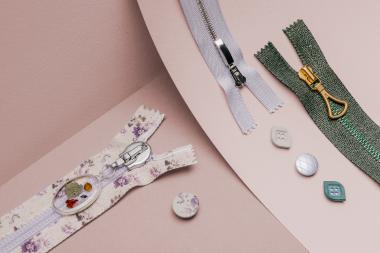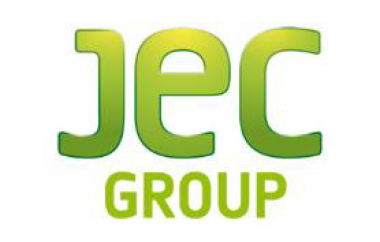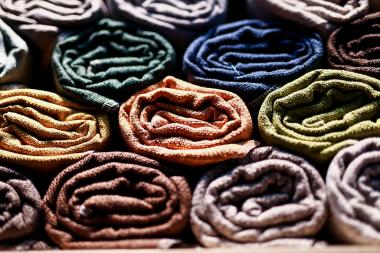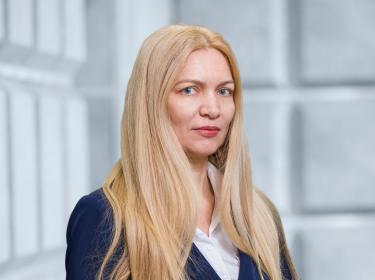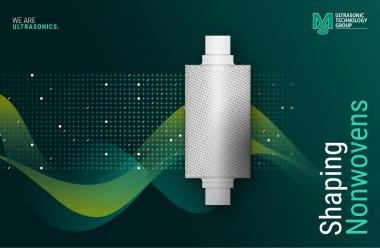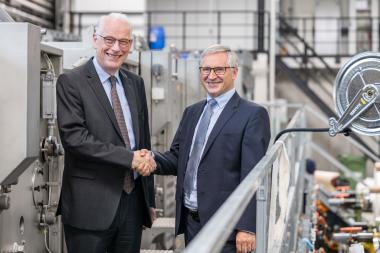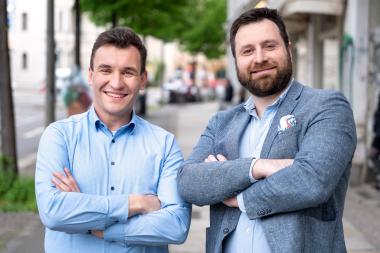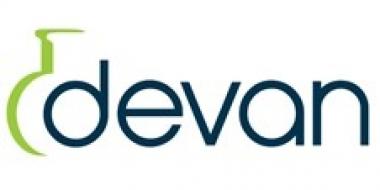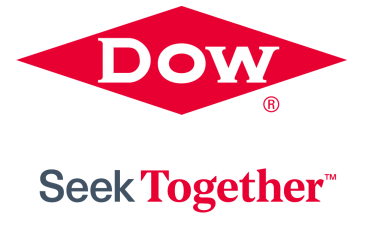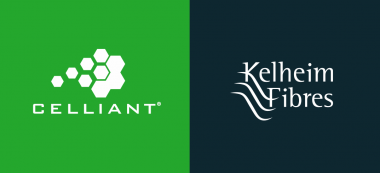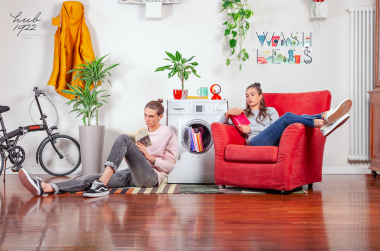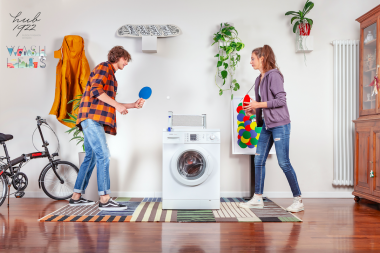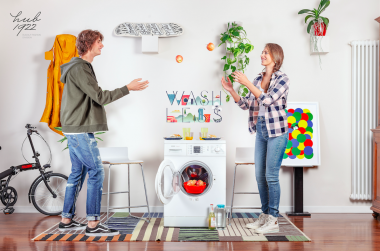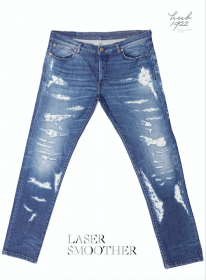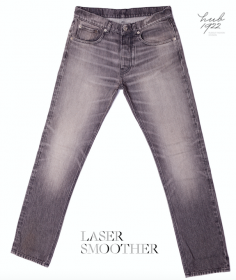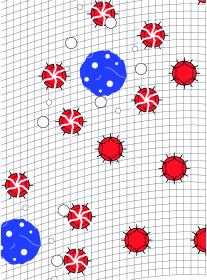Riri Group presents its new collection SS 2023 at Première Vision Paris
For over 80 years Riri Group has established itself as a leading point of reference for the creation of details of style providing high-end fashion brands with top quality accessories – which now include zippers, buttons, metal components and fashion jewels.
All things style and sustainability: This year Première Vision Paris (08 – 10 February) will be once more the stage to show off the results. The new Spring/Summer 2023 line is inspired by three distinct eras and paths, but at the same time it conveys a total synergy and integration between the various divisions of the Group, coordinated and harmonised as well as united by their common interest in nature and sustainability.
SOUL COMFORT
Off-the-grid essentials between relaxation and style
Sparked from the contemporary need to balance happiness and security, while enriched by an aesthetic and provocative approach, this line embodies all the value and potential of a sustainabilityoriented communication for each and every product, as pieces feature the relevant information on the zip tape and on the button application support. This line presents softer colours that encompass a wide range of styles, including floral, summer satin and semi-transparency, accompanied by innovative yarns and sustainable materials, such as hemp, linen, silk, certified organic cotton, recycled nylon and bio-based polyester. The line also features stainless steel products, including mono-material buttons and zipper chains or the use of aluminium chains that stand out for their particular lightness.
OUTDOOR EXPRESSION
To always stand out
Inspired by nature and outdoor activities, in this section the focus is on attire codes that become the means through which everyone can express and enhance their look in every context, even when immersed in the surrounding environment. Coloured stripes and rubberized soft touch materials are the two essential concepts, combined with bright and flashy colours. The Storm Evo zip, reversed coated nylon zips (among which the one with the reflector catches the eye), and the recycled nylon buttons are back.
WISE EXCLUSIVITY
Smart and sustainable luxury
Each creation in this line is studied down to the smallest detail, to achieve luxury products that increase their value over time thanks to their sustainable process and long life cycle, achieved through multiple possibilities for use in different ways and areas. We find here the use of diamond, recreated in the laboratory with more sustainable techniques, but also zips with elegant and refined lines, the use of stainless steel and PVD and finally, the use of precious galvanic finishes on buttons, but also on chains and pullers. This path shows the important role collaboration plays between the divisions of the Riri Group, making it possible to create something unique and valuable.
Menabò Group srl


